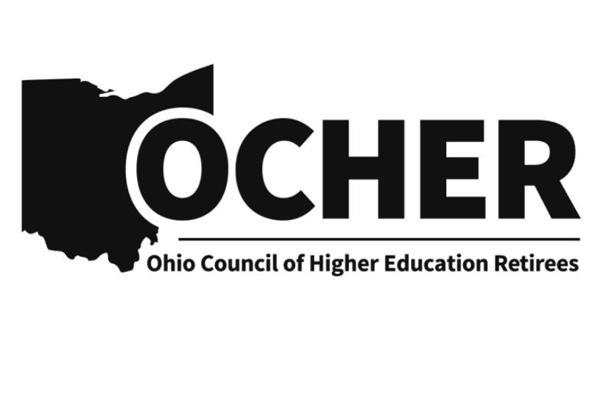
Report on the Ohio Council of Higher Education Retirees (OCHER) meeting of May 21, 2019, provided by WSU Retirees Association Board liaison Peggy Bott
Gordon Gatien, director of external relations for the Ohio Public Employees Retirement System (OPERS), reiterated that this is a year of study of how to make changes in benefits to meet their unfunded liabilities, most of which will be due in the next 15 years. The changes to the COLA that were proposed last year are still on the table. These changes have to be approved by the state government and many of the legislators told Gordon that they approved these changes but did not want to vote on them during an election year. Of course next year will also be an election year so the vote may be questionable again.
There will be changes to health care benefits and these do not have to be approved by the state government since they are not mandated by legislation. Previously OPERS stated that these would apply primarily to pre-Medicare recipients but Gordon said they are now considering some changes related to Medicare recipients, probably a reduction in the HCA.
They hope to announce the changes in November, and if approved, implementation would be in 2022.
Randy Gardner, Chancellor of Higher Education
He served for 33 years in the General Assembly, moving back and forth between the House and Senate to avoid term limits. For the past eight years he has served as chair of the subcommittee on higher education.
He is aware that tuition in Ohio is 105 percent of the national average but does not anticipate any increase in state funding. Instead he will encourage Ohio universities to look for private investment and develop partnerships with businesses.
University of Toledo
Their Retirement Association has 700 members and the current balance in their treasury is $36,000. They sponsor a variety of events including a bus trip to Chicago. On a monthly basis they have a breakfast group, a lunch bunch, a day of cards and games and a book club.
There were 3,269 in the 2018 freshman class who had an average ACT score of 23 and an average GPA of 3.45. The freshman class was 1.5 percent larger than the previous year even though overall enrollment 0f 20,304 was down slightly from 20,579 in 2017.
In April the University President unveiled UT’s new brand, “Fueling Tomorrows.”

